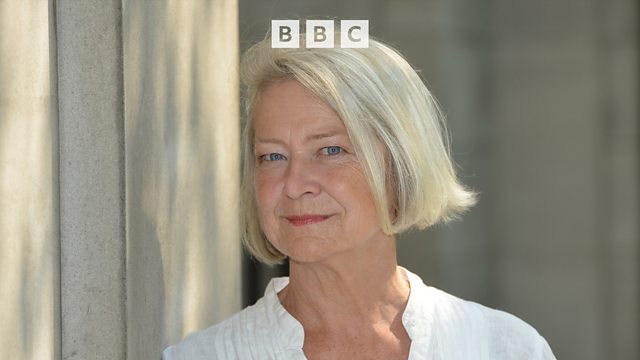A Cup of Tea with the Taliban Neighbours
In the three months since taking power in Afghanistan, the Taliban have murdered opponents, yet have not committed the mass atrocities many predicted. So have they really changed?
The news from Afghanistan is ever more dire. Twenty three million people are at risk of starvation, according to the World Food Programme, a fate which gets ever nearer as winter approaches. For international donors and aid agencies, this presents an acute dilemma: whether or not to work with the Afghan authorities to try to solve this crisis. To do so might require handing over food and other supplies to the Taliban government, a regime which no country even recognises. That is because nobody is quite sure just what kind of rulers the Taliban will be. Since they took over in August, there have been reports of brutality, which in some cases meant the cold-blooded murder of people who were seen as Taliban opponents. Yet there have not been the kind of mass atrocities which many feared. Visiting Kabul, Andrew North has found a variety of attitudes among the Taliban members he鈥檚 come across, and they include his next door neighbours.
They held a mass funeral in Sierra Leone, after a hundred and fifteen people were killed in a fuel tanker explosion. It happened in the West African country鈥檚 capital, Freetown, some of the victims dying because they had rushed towards the site of the accident, hoping to gather up some of the petrol which had spilled out. This latest disaster comes just months after a fire destroyed thousands of homes in one of the city鈥檚 slums. And many of this week鈥檚 victims were buried in the same cemetery as those who died in a mudslide; that disaster killed around a thousand people. But then Sierra Leone is a country which in recent times has also experienced an Ebola outbreak, and before that, civil war. Walking round Freetown this week, Lucinda Rouse found people shocked and upset, but also sometimes resigned to the misfortune so frequently visited upon them.
We were hoping to bring you a report from Nicaragua, where they have been holding an election. However, our Correspondent, Will Grant was not allowed into the country, turned back at the border. But that in itself tells you plenty about the way politics works in Nicaragua these days he says. It is a country where journalists and other commentators are routinely locked up for what they write, and where people protesting against the government have been shot in the streets. Still, Will Grant did at least try to get in, knowing the chances were slim.
People often have a love-hate relationship with tourists. They may well bring plenty of money into an economy, and jobs for those who need them. And yet the disruption caused by a mass of visitors is not always welcome. Of course, many tourist spots have had a terrible time under Covid, with lockdown preventing anyone from coming to visit. Some resorts have been positively praying for a return to the days when they could play host to hordes of holiday-makers. Others though have been surprised to find a surge in new arrivals, like residents on the Greek island of Tinos, where Antonia Quirke was among those paying a visit.
Podcast
-
![]()
From Our Own Correspondent
Insight, wit and analysis as 大象传媒 correspondents tell stories beyond the news headlines.


